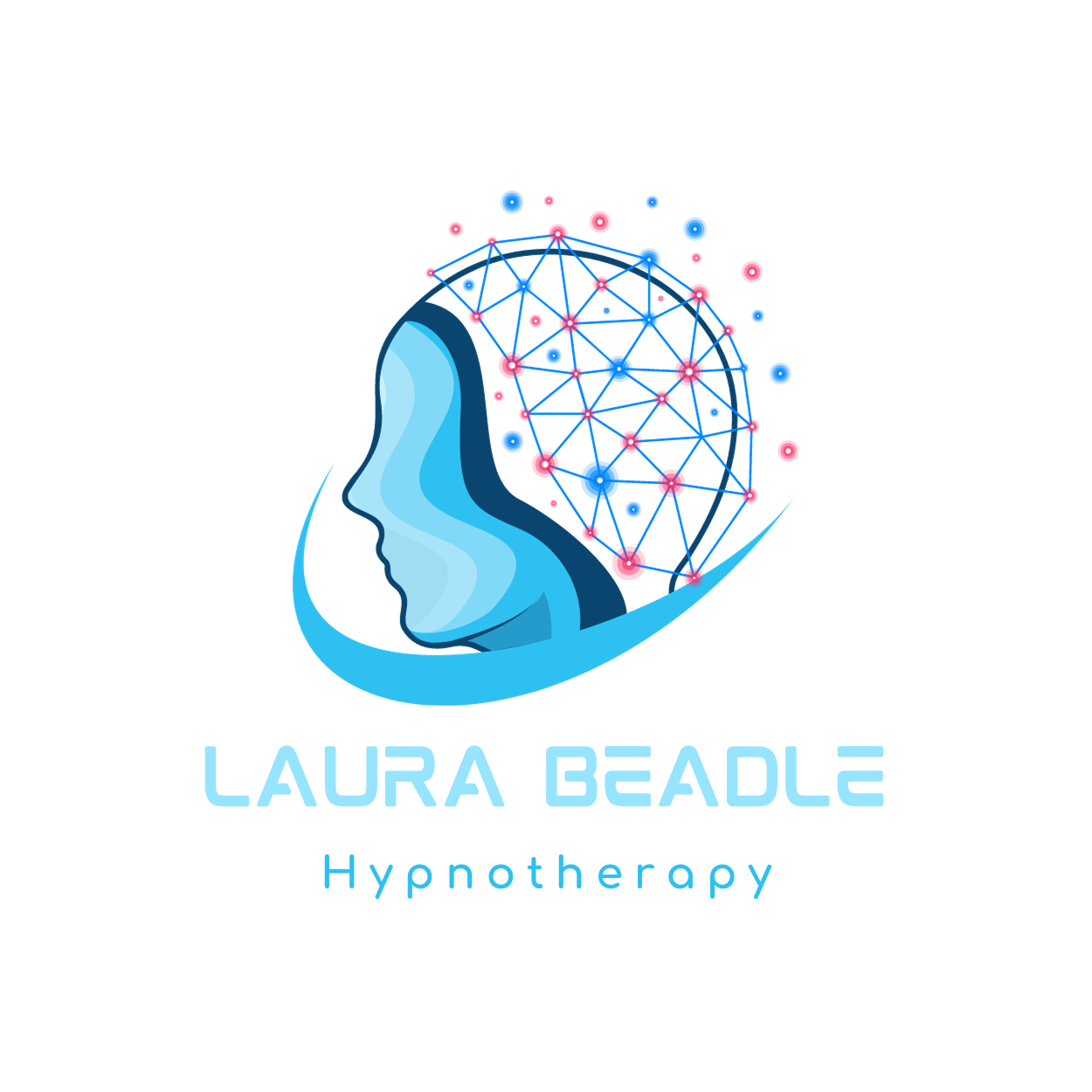Laura Beadle
Solution Focused Hypnotherapy Online & In BeaconsfieldHelping you channel your full potential
Debunking the common myths about hypnotherapy
Debunking common myths about Hypnotherapy. What you need to know
As a solution-focused hypnotherapist, I often encounter various misconceptions about hypnotherapy. These myths can create unnecessary fears and misunderstandings, preventing people from experiencing the benefits of this therapeutic approach. In this blog, we’ll debunk some of the most common myths about hypnotherapy and shed light on what it truly involves.
Myth 1: Hypnotherapy is Mind Control
One of the most prevalent myths is that hypnotherapy allows the therapist to control the client’s mind and actions. This couldn’t be further from the truth. Hypnotherapy is based on the principles of suggestion and collaboration. During a session, you are in a state of focused attention and heightened suggestibility, but you remain fully conscious and in control. You cannot be made to do anything against your will, and you can reject any suggestion that doesn’t align with your values or beliefs. Rather than mind control, it’s actually giving you control back of your mind
Myth 2: Only Weak-Minded People Can Be Hypnotized
This misconception suggests that only gullible or weak-minded individuals can be hypnotized. In reality, hypnosis is a natural state that we all go in and out of many times a day, for example when we’re watching tv, driving the car, running a regular route, at the gym etc. The ability to be hypnotized depends on your willingness to participate, your level of trust in the therapist, and your capacity to relax, not on your intelligence or strength of mind. In fact, being able to enter a hypnotic state often indicates a strong mind capable of intense focus and concentration.
Myth 3: Hypnotherapy is Just for Entertainment
Many people associate hypnosis with stage shows and entertainment, where participants are made to perform funny or outrageous acts. While stage hypnosis is real, it is entirely different from therapeutic hypnotherapy. Solution-focused hypnotherapy is a legitimate therapeutic technique used to address various issues, such as anxiety, phobias, smoking cessation, and chronic pain management. The goals are serious and centred on promoting positive change and personal well-being.
Myth 4: You Lose Control During Hypnosis
Another common myth is that you lose control during a hypnotherapy session. In actuality, you are always in control. Hypnosis is a state of deep relaxation and focused attention, similar to being engrossed in a book or a movie. You remain aware of your surroundings and can come out of the hypnotic state whenever you wish. Hypnotherapy works best when you are an active participant in the process.
Myth 5: Hypnotherapy Can Reveal Your Deepest Secrets
There is a fear that hypnotherapy can make you reveal secrets or confidential information against your will. While hypnosis can facilitate relaxation and openness, you still have control over what you choose to disclose. Ethical hypnotherapists adhere to strict confidentiality rules and respect your privacy, ensuring a safe and supportive environment.
Myth 6: Hypnotherapy Produces Instant Results
Some people believe that hypnotherapy offers instant, miraculous results. While it can be highly effective, especially for certain issues, it is not a quick fix. Lasting change typically requires multiple sessions and a commitment to the process. Like other forms of therapy, hypnotherapy involves a journey of gradual progress, exploration, and reinforcement to achieve desired outcomes.
Myth 7: Hypnotherapy is the Same as Sleep
Hypnosis is often confused with sleep because of the term “hypnotic trance.” However, hypnosis is not sleep. It’s a state of focused awareness where you are deeply relaxed but fully awake and alert. In this state, your mind is more open to positive suggestions and therapeutic interventions, but you are not unconscious.
Understanding the reality of hypnotherapy helps demystify this valuable therapeutic approach. By debunking these common myths, we can better appreciate the potential benefits hypnotherapy offers. If you’re considering hypnotherapy, remember that it is a collaborative, empowering process designed to help you achieve your personal goals and improve your overall well-being.
If you have any questions or would like to explore how solution-focused hypnotherapy can benefit you, feel free to reach out. Your journey to a healthier, happier life could be just a few sessions away.
Email: laura@laurabeadle.com
